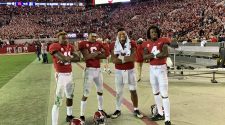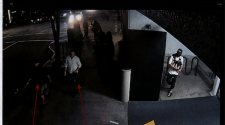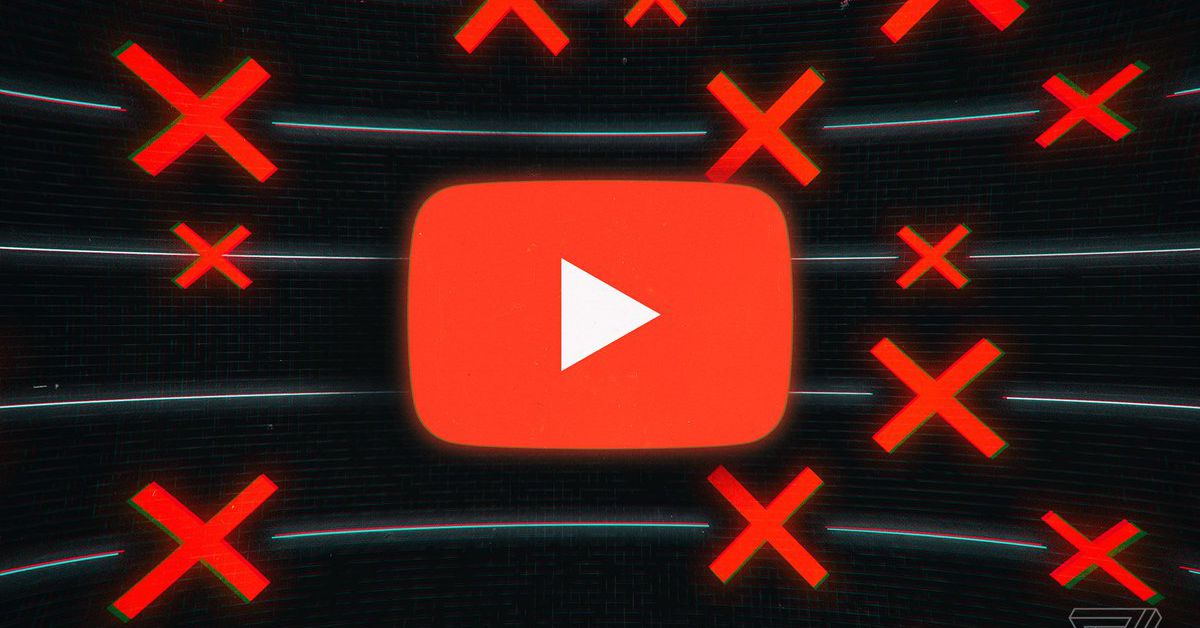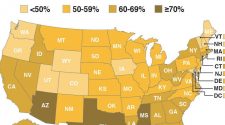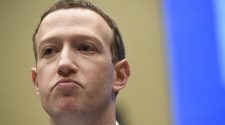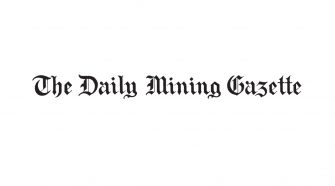A group of YouTube creators is suing YouTube for allegedly discriminating against their LGBTQ-focused videos by suppressing recommendations and making it difficult to earn ad revenue.
The lawsuit alleges that YouTube uses “unlawful content regulation, distribution, and monetization practices that stigmatize, restrict, block, demonetize, and financially harm the LGBT Plaintiffs and the greater LGBT Community.” The lawsuit also alleges that both YouTube’s machine learning moderation tools and human reviewers unfairly target channels that have words such as “gay,” “bisexual,” or “transgender” in the title.
“YouTube is engaged in discriminatory, anticompetitive, and unlawful conduct that harms a protected class of persons under California law,” the lawsuit states. It alleges that YouTube’s actions have violated federal and California laws around speech, discrimination, and false advertising.
The complainants — including Brett Somers, Lindsay Amer, Chris Knight, Celso Dulay, Cameron Stiehl, Chrissy Chambers, and Chase Ross — have spoken out about YouTube’s alleged treatment of the LGBTQ creator community in the past. In June 2018, Ross accused YouTube of age-gating and demonetizing his videos simply because he used the term “transgender” in his video titles and metadata. YouTube’s alleged discrimination pushed Ross to publish a lengthy video on the subject.
“I don’t feel like people take us seriously and it needs to change,” Ross told The Verge at the time. “YouTube really needs to start paying attention to this community … I don’t feel like I belong on a platform that I and other LGBTQ+ individuals helped build.”
YouTube CEO Susan Wojcicki said just last week that YouTube does “not automatically demonetize LGBTQ content.”
“There’s no policies that say ‘If you put certain words in a title that will be demonetized.’” Wojcicki told vlogger Alfie Deyes. “We work incredibly hard to make sure that when our machines learn something — because a lot of our decisions are made algorithmically — that our machines are fair. There shouldn’t be [any automatic demonetization].”
Wojcicki also said that two of YouTube’s biggest moderation tools — one that focuses on recommending videos and the other that determines whether a video is appropriate for ads — operate independently. The systems, Wojcicki added, are set up separately to ensure that the “systems are fair.”
Still, Wojcicki’s comments come after years of frustration from the LGBTQ community. Many creators first voiced their concerns with the company in 2017, arguing that their content was seemingly hidden and demonetized. Just a couple of months later, YouTube found itself in another controversy after anti-LGBTQ ads started appearing on videos from LGBTQ creators.
YouTube was recently embroiled in a controversy after the company allowed conservative pundit Steven Crowder to continue uploading videos, despite using his channel to make homophobic remarks against Vox journalist Carlos Maza in June. Despite finding language that was “clearly hurtful, the videos as posted don’t violate our policies,” the company tweeted a couple of days after Maza made his case public on Twitter. (Disclosure: Vox is a publication of Vox Media, which also owns The Verge.)
“As an open platform, it’s crucial for us to allow everyone–from creators to journalists to late-night TV hosts–to express their opinions w/in the scope of our policies,” read follow-up tweets from YouTube. “Opinions can be deeply offensive, but if they don’t violate our policies, they’ll remain on our site.”
YouTube revoked ad privileges on Crowder’s channel, but the LGBTQ community — both on YouTube and within Google, YouTube’s parent company — felt like executives didn’t do enough. Wojcicki later apologized to the community in an interview with Recode’s Peter Kafka at the Code Conference. (Disclosure: Recode is a publication of Vox Media, which also owns The Verge.)
Since I started working at Vox, Steven Crowder has been making video after video “debunking” Strikethrough. Every single video has included repeated, overt attacks on my sexual orientation and ethnicity. Here’s a sample: pic.twitter.com/UReCcQ2Elj
— Carlos Maza (@gaywonk) May 31, 2019
“I’m really, personally very sorry,” Wojcicki said. “YouTube has always been a home of so many LGBTQ creators, and that’s why it was so emotional … We’ve always wanted to openly support this community.”
The creators who launched the lawsuit believe YouTube hasn’t lived up to its words of support. The lawsuit states that YouTube’s “control and regulation of speech on YouTube has resulted in a chaotic cesspool where popular, compliant, top quality, and protected LGBTQ+ content is restricted, stigmatized, and demonetized as ‘shocking,’ ‘inappropriate,’ ‘offensive,’ and ‘sexually explicit,’ while homophobic and racist hatemongers run wild and are free to post vile and obscene content.”
The Verge has reached out to YouTube for comment on the lawsuit.



